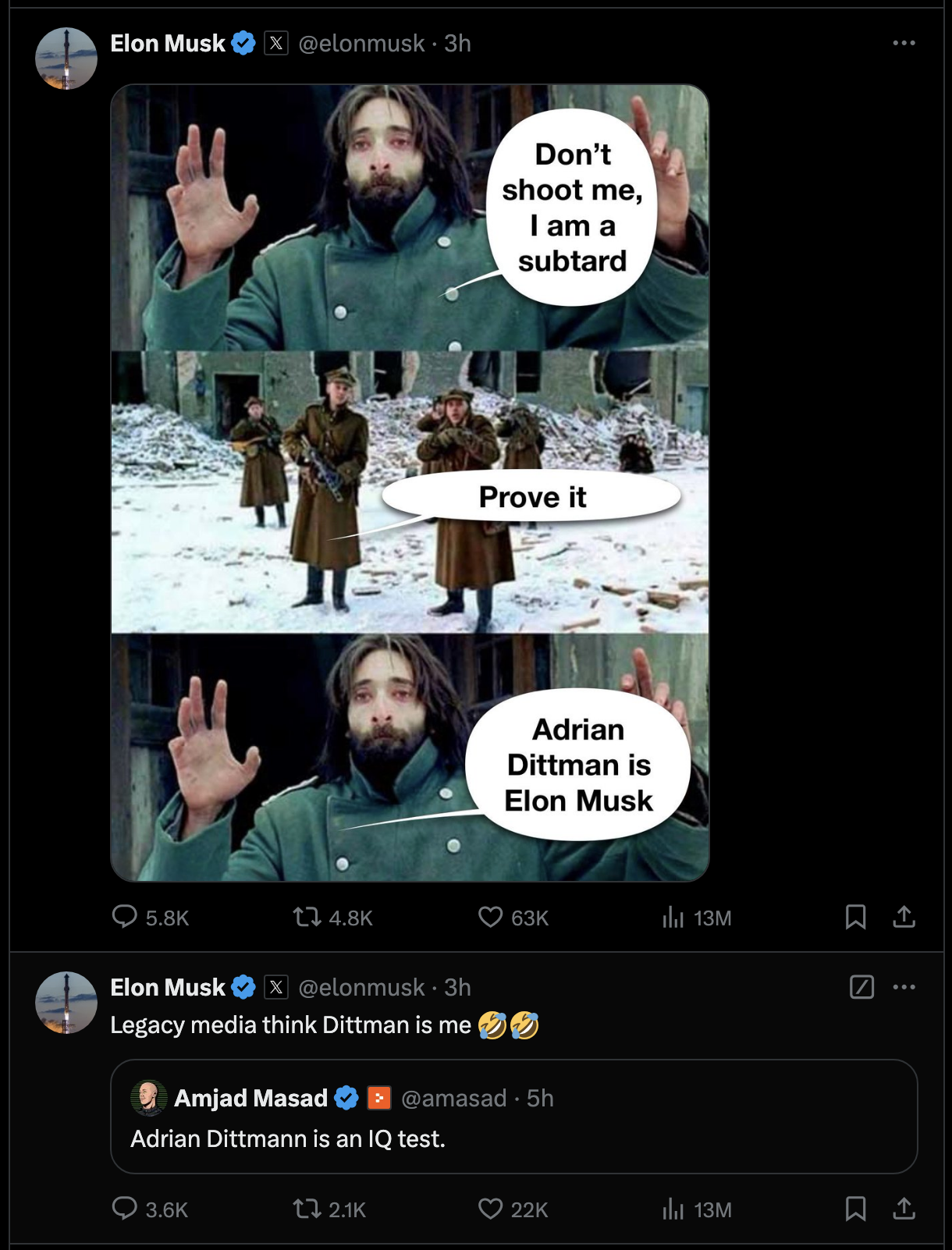all the happiness in the world can't buy money.
I'd like to get a better sense of urbanism in China. They obviously have some amazing trains. How are they doing on lively, walkable, transit-accessible mixed-use neighborhoods? I know they have some car-centric, towers-in-the-park-on-arterials style development. What direction are they going?
so, who defends the Jones Act?
the thing about art is that it was never about the artifact, but about how people choose to relate and organize themselves around the artifact. provenance, or at least perceived provenance, will not be irrelevant to those choices.
the behavior of the most prominent and financially successful businessman in America is maybe putting some pressure on the moderate sensible pro-business liberal niche.
explosives to delight us rather than to exterminate us. i suppose that it is a good start. happy new year.
turning “the right” and “the left” into tribes into which you sort people, rather than just a really simplified, pretty weak, way of classifying ideas and positions, is just another way minoritarian interests divide and conquer.
the system under which firms like Boeing were built is very different from the system under which firms like Boeing have been dismantled, even though both systems get called “capitalism”.
i don’t agree with this piece’s predictions and prescriptions, but its account of the profound change in systems under notional capitalism is excellent. https://americanaffairsjournal.org/2024/11/america-china-and-the-death-of-the-international-monetary-non-system/ ht #TimSahay
[new draft post] Segmentation fault https://drafts.interfluidity.com/2024/12/31/segmentation-fault/index.html
the enemy of your frenemy is what now?
just because you disagree with someone and their poast doesn't mean they are the person you want to spend a lot of fighting with and taking down. you have better targets than that. and the person whose post you dislike is with you against those better targets.
boxing without regulation is just beating. what is commerce without regulation?
there isn't anything in this world that is free to read. reading taxes readers' time and attention. it's a miracle they sometimes let themselves be taxed in money on top of that.
Freddie DeBoer says nice things about my sister's book. https://freddiedeboer.substack.com/p/2024-in-review
am i crippling my child's future life chances by discouraging narcissism and mendacity?
Organizing leadership by seniority is an important part of the incumbency bias of US Congressional elections.
Voters understandably choose representatives that will have influence over representatives who will not. Under seniority-based leadership rules, only incumbents have influence.
"I was just following market forces" is the new "I was just following orders"
assuming we are right (i'm pretty sure we are right!) that Dittman is Musk, i don't know what to do with an epistemological environment in which one of the world's most powerful men and most prominent speakers does this.
This transaction has timed out and must be restarted.
the game was not fair but still you’ve been checkmated.
